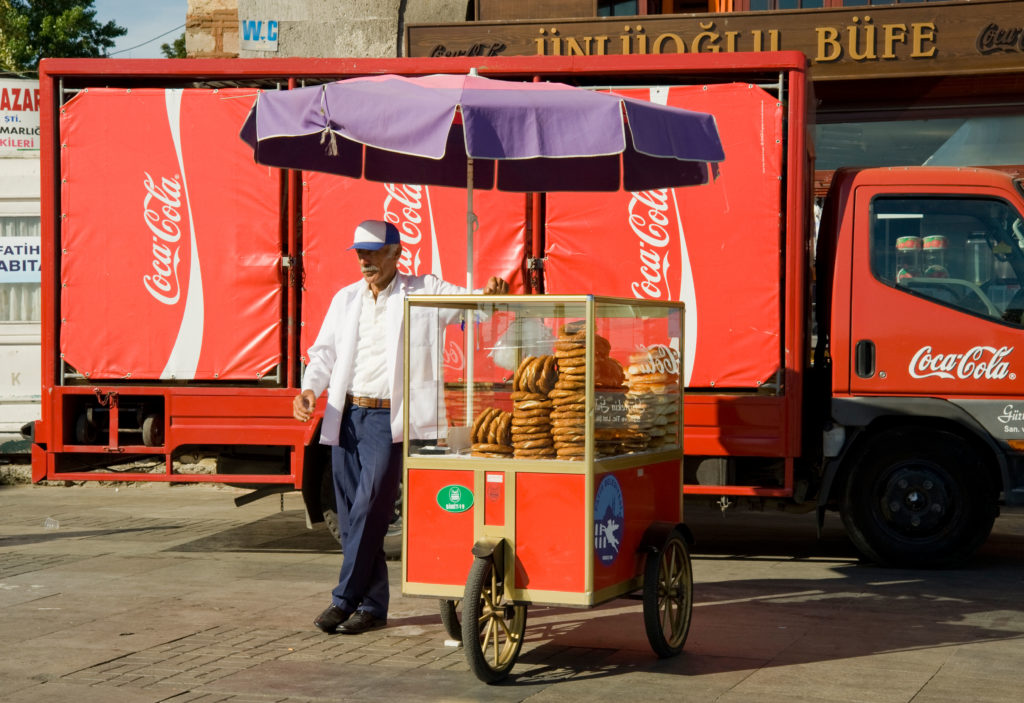TASHKENT
Uzbekistan’s State Assets Management Agency (UzSAMA) agreed to sell a 57.118 percent stake in Coca-Cola Bottlers Uzbekistan to Coca-Cola İçecek A.Ş. (CCI) for $252.28 million, making another step in reforming its economy and attracting foreign investors.
Coca-Cola İçecek A.Ş. is an anchor bottler and part of the Coca-Cola System, which is operating in Turkey. It is 50.3 percent owned by Anadolu Efes, 20.1 percent owned by the Coca-Cola Company, 3.7 percent owned by Özgörkey Holding, and the remaining 25.9 percent publicly traded on the Turkish stock exchanges.
The transaction has been approved by the State Tender Commission. Completion of the transaction is subject to certain regulatory approvals.
The transaction has been organised as an open sale process and ordered by the country’s President Shavkat Mirziyoyev, who has made attracting foreign investors one of his top priorities in a reform programme that has included liberalising the country’s foreign exchange market, modernising business practices and cutting down on the Soviet-era bureaucracy which still hampers many companies.
Rothschild & Co, an international investment bank and financial services company, acted as financial adviser to UzSAMA, while Dentons, a multinational law firm, acted as its legal adviser.
Uzbekistan aims to partially or fully dispose of 1,400 state-owned companies and assets by selling them to foreign and domestic investors.
After more than two decades of economic isolation, the Central Asian country is making efforts to reform its centralised economy. Under the previous regime, most companies were still run along Soviet-style management lines and held a number of non-core businesses and objects. State-owned oil and gas company Uzbekneftegaz, for example, also owned a poultry farm and orchards.
In April, Uzbekistan appointed internationals Deloitte, Grant Thornton, and KPMG to advise UzSAMA on the sale of 18 state-owned companies and to ensure transparency in the privatisation process.
As well as offering state assets for sale, Uzbekistan has also sought to improve its investment climate and restore foreign investors’ trust by setting up a special legal panel for investment and competition issues.
The country’s reform drive has not gone unnoticed. The World Bank has rapidly scaled up support to Uzbekistan, with 21 projects totalling around $3.5 billion – the second largest World Bank programme in the Europe and Central Asia region. The European Bank for Reconstruction and Development re-engaged with Uzbekistan in September 2018 after a long hiatus, raising its portfolio to 1.8 billion euros.
Uzbekistan has already sold 478 state-owned assets for 1.1 trillion soums ($104 million), according to data to July 1.

